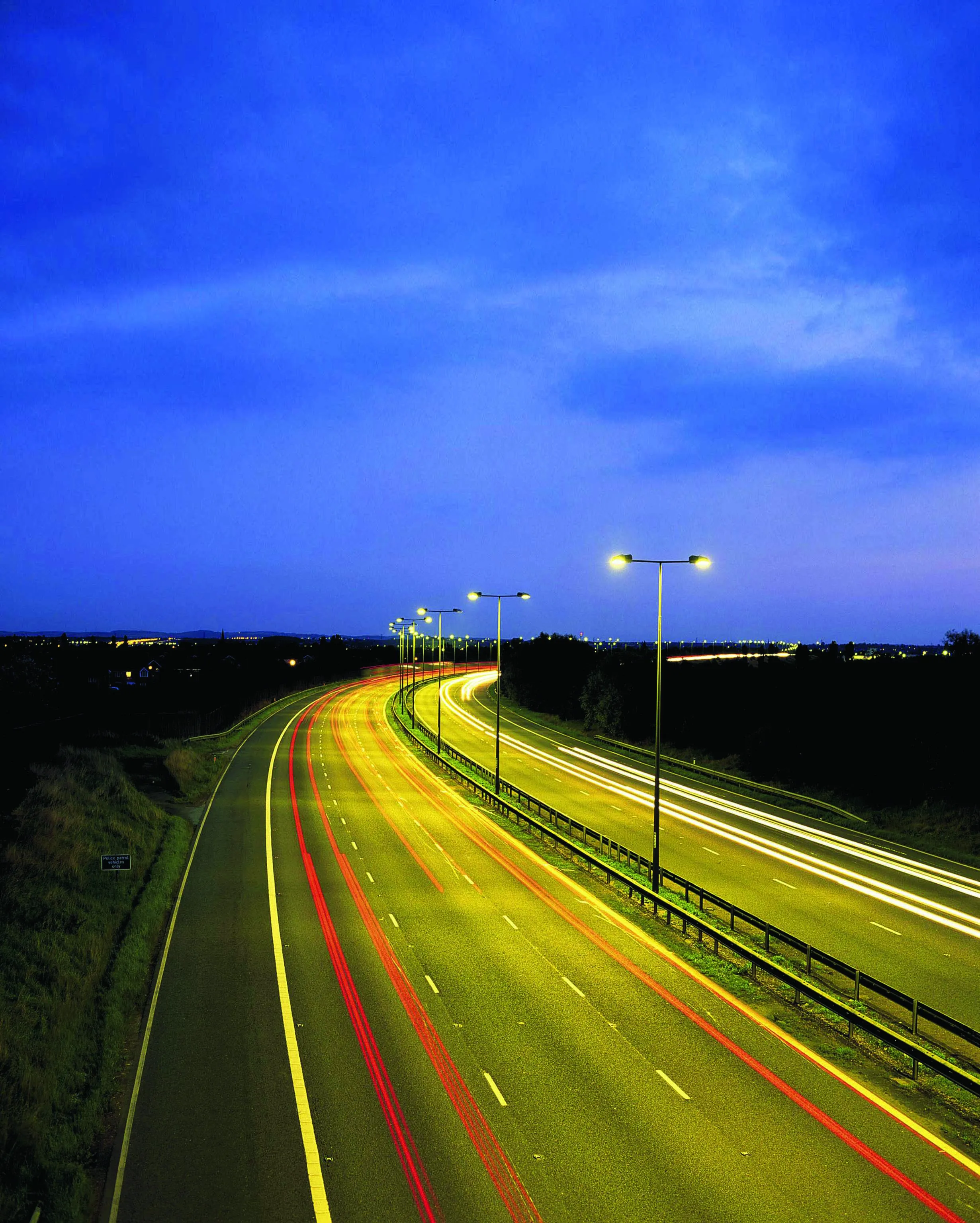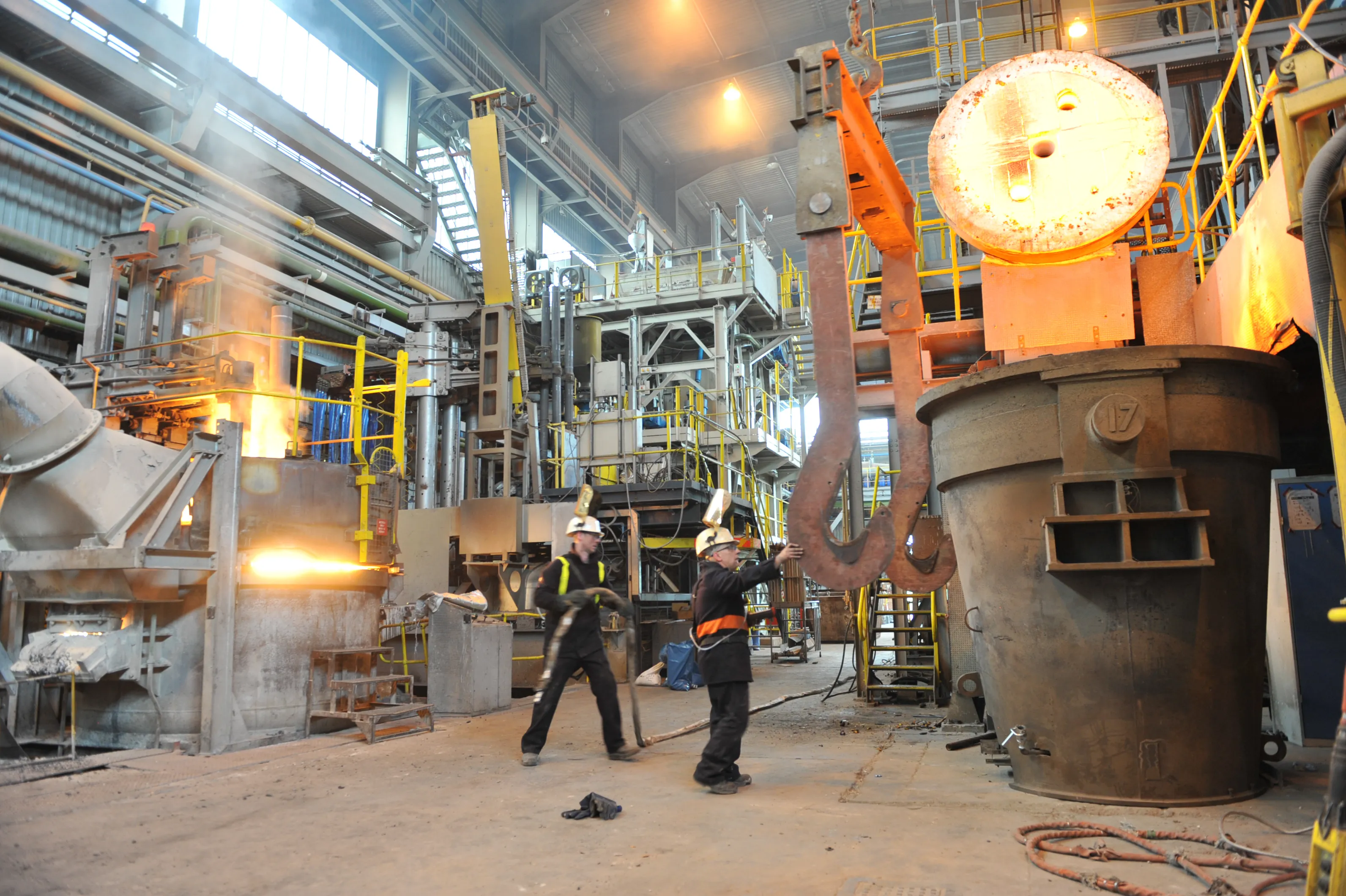MIT has been selected to lead the US Department of Transportation Research & Innovative Technology Administration (RITA) University Transportation Center (UTC) for the New England Region. The programme strives to advance research and education programmes that address critical transportation challenges.
March 16, 2012
Read time: 2 mins
RSS4005 Massachusetts Institute of Technology (MIT) has been selected to lead the 2364 US Department of Transportation Research & Innovative Technology Administration (RITA) 4004 University Transportation Center (UTC) for the New England Region. The programme strives to advance research and education programmes that address critical transportation challenges. The UTCs, which are located throughout the United States, conduct research that directly supports the priorities of the US DoT, and the participating universities are a critical part of US transportation strategy.
Announced this week by US transportation secretary Ray LaHood, the two-year $3.5 million grant funds transportation and education programmes at MIT and its regional partners that include the4007 University of Connecticut, 3183 Harvard University, the 1507 University of Maine and the 4006 University of Massachusetts.
The grant will support surface transportation research and education projects in the area of safety and livable communities with special attention given to the role of new technologies and disadvantaged populations such as the elderly. MIT will work with each of the consortium’s partner universities to develop regional expertise while providing national leadership in transportation safety and community mobility. Each of the universities will collaborate to create a network of regional living laboratories that will serve as platforms for research and education. MIT will begin developing the foundations for a living laboratory around Massachusetts Avenue to better understand individual travel behaviours, multimodal traffic management, creative approaches to the built environment and the potential of intelligent systems to improve safety and accessibility.
Announced this week by US transportation secretary Ray LaHood, the two-year $3.5 million grant funds transportation and education programmes at MIT and its regional partners that include the
The grant will support surface transportation research and education projects in the area of safety and livable communities with special attention given to the role of new technologies and disadvantaged populations such as the elderly. MIT will work with each of the consortium’s partner universities to develop regional expertise while providing national leadership in transportation safety and community mobility. Each of the universities will collaborate to create a network of regional living laboratories that will serve as platforms for research and education. MIT will begin developing the foundations for a living laboratory around Massachusetts Avenue to better understand individual travel behaviours, multimodal traffic management, creative approaches to the built environment and the potential of intelligent systems to improve safety and accessibility.









